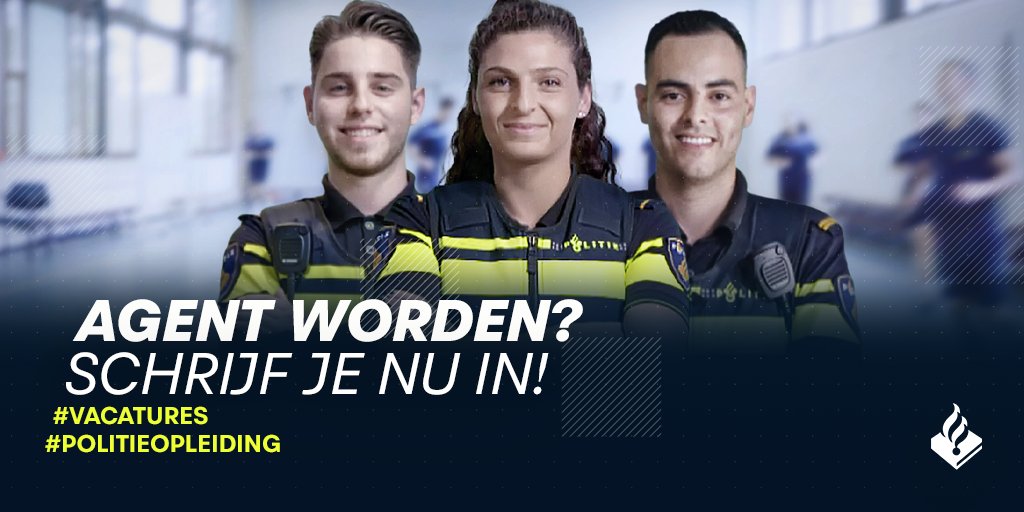
Police trainee misconduct a breeding ground directly for organized crime
Het is opvallend, dat de NRC van 4/12 slechts een klein katern wijdt aan het wangedrag van de politie in opleiding. Anders dan de Volkskrant, die uitgebreid ingaat op de signalen van de Politieacademie en de Politiebond naar aanleiding waarvan de politieleiding een onderzoek heeft ingesteld.
De signalen hadden te maken met een ‘toename van normafwijkend gedrag’. De integriteitsafdeling van de politie concludeerde echter dat deze toename er niet is. Absoluut gezien in 5 jaar wel gestegen, maar relatief niet. Er zijn namelijk ook meer studenten bijgekomen. Waar gaat het dan om? Bijv. recreatief drugsgebruik, niet kunnen loslaten van foute vrienden. Vooral in het eerste jaar. Business as usual dus. Maar echt toegenomen is het doelbewust lekken dan wel onzorgvuldig omgaan met vertrouwelijke politiegegevens. Zo zijn deze studenten namelijk thuis opgevoed. Maar toch worden zij veelal niet ontslagen. Onbegrijpelijk dat deze studenten niet door de zware psychologische test bij de poort zijn uitgefilterd. We spreken hier wel over de broedkamer van ‘law and order’. Als het hier al niet goed gaat, dan kan je toch niet veel meer verwachten van al die andere publieke diensten?
Het angstige vermoeden lijkt hiermee gerechtvaardigd, dat de georganiseerde misdaad zich al lang heeft genesteld in het politieapparaat. Maar ook, dat voor deze ‘mollen’ de weg naar de ‘crime fighters’ van het openbaar ministerie openstaat. Vanaf nu kijk ik met andere ogen naar de officier van justitie.
It is striking that the NRC of 4/12 only devotes a small section to the misconduct of the police in training. Unlike de Volkskrant, which elaborates on the signals from the Police Academy and the Police Union, which prompted the police leadership to conduct an investigation.
The signals were related to an ‘increase in deviant behaviour’. However, the police integrity department concluded that there is no such increase. In absolute terms, it has increased in 5 years, but not in relative terms. More students have also been added. Then what is it about? E.g. recreational drug use, not being able to let go of bad friends. Especially in the first year. So business as usual. But there has been a real increase in deliberate leaks or careless handling of confidential police data. This is how these students were brought up at home. However, they are often not fired. It is incomprehensible that these students have not been filtered out by the heavy psychological test at the gate. We are talking here about the breeding room of ‘law and order’. If things aren’t going well here, then you can’t expect much more from all those other public services, can you?
This seems to justify the fearful suspicion that organized crime has long established itself in the police apparatus. But also that for these ‘moles’ the way to the ‘crime fighters’ of the Public Prosecution Service is open. From now on I will look at the prosecutor with different eyes.
Ricky Turpijn


